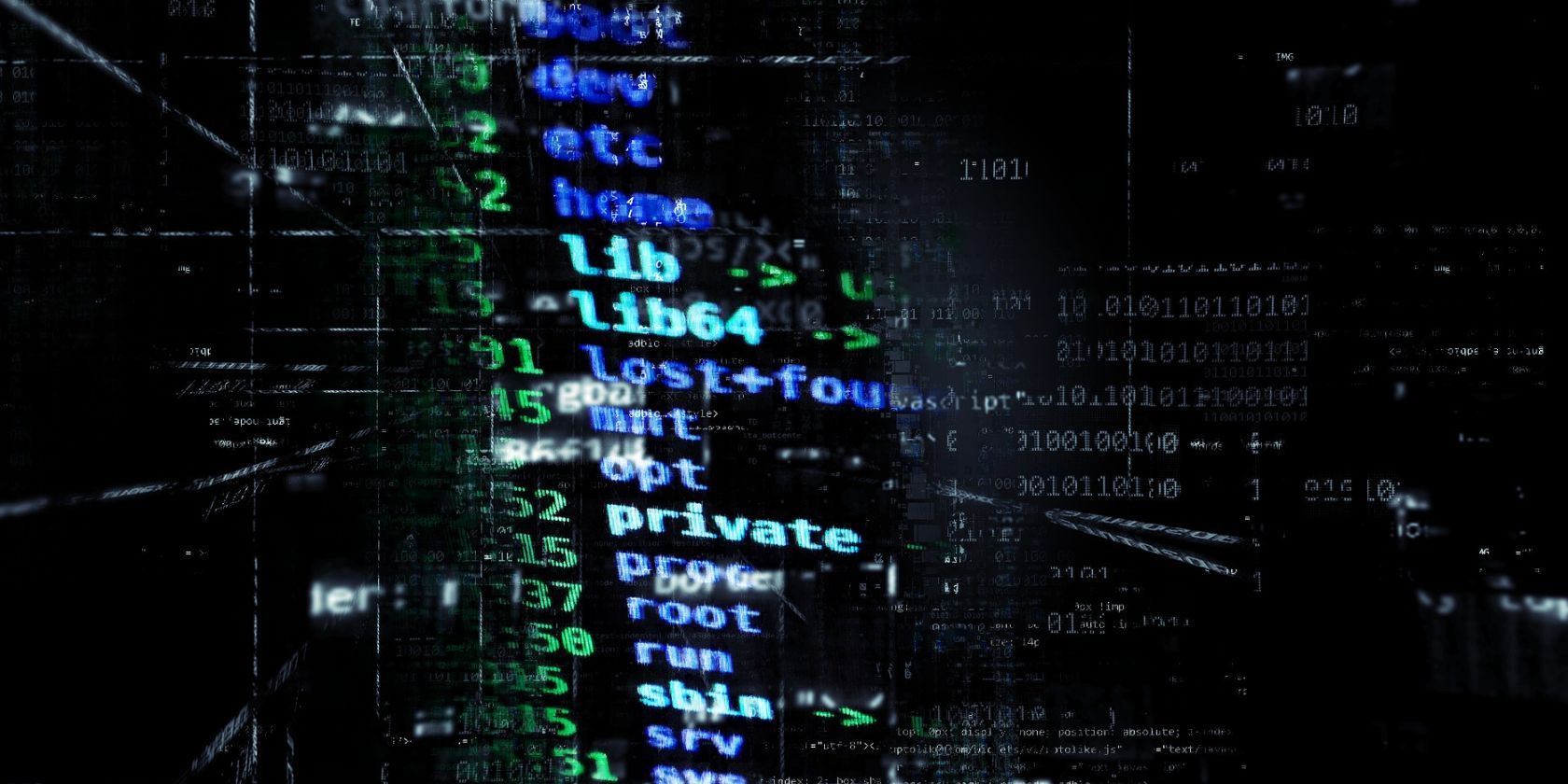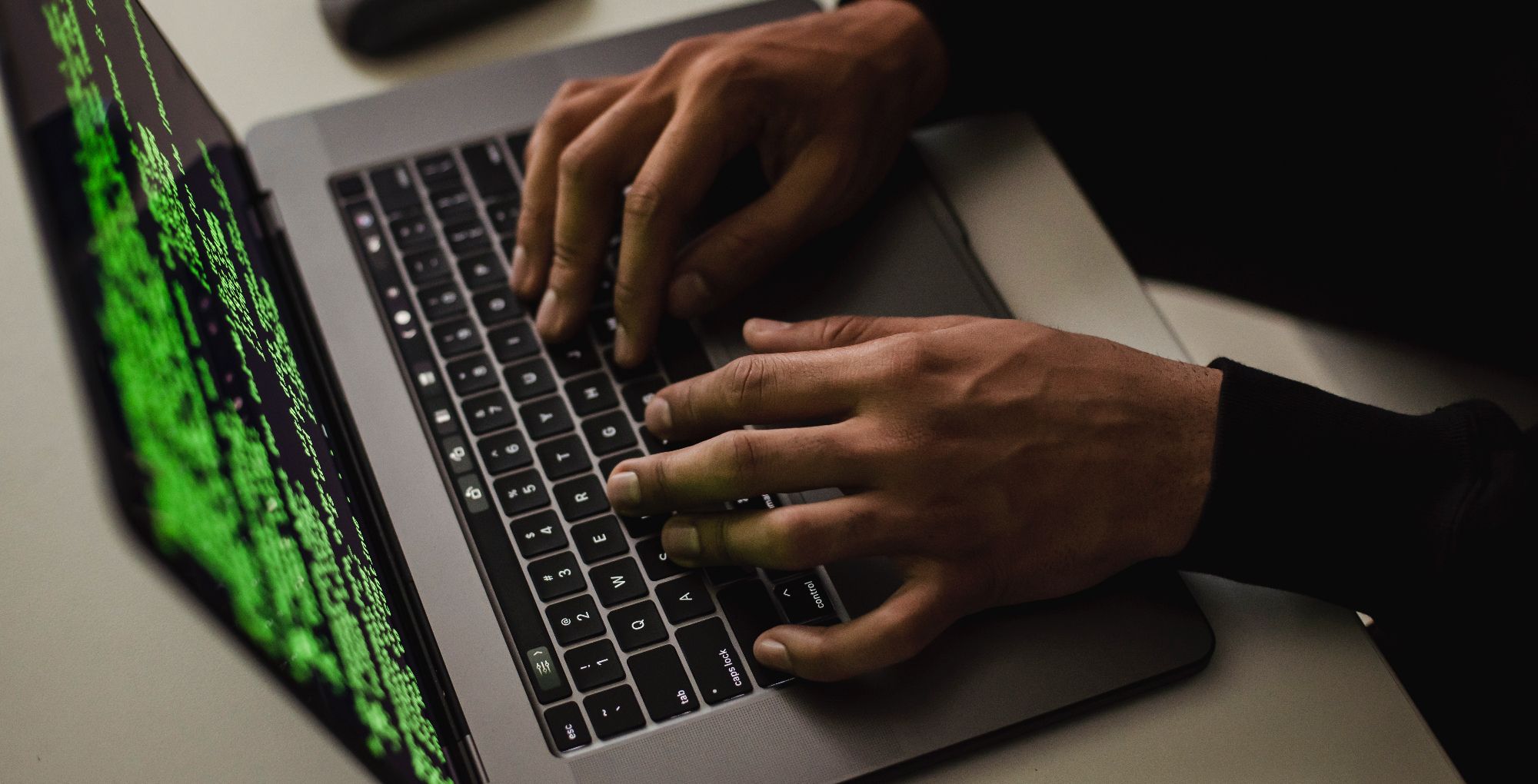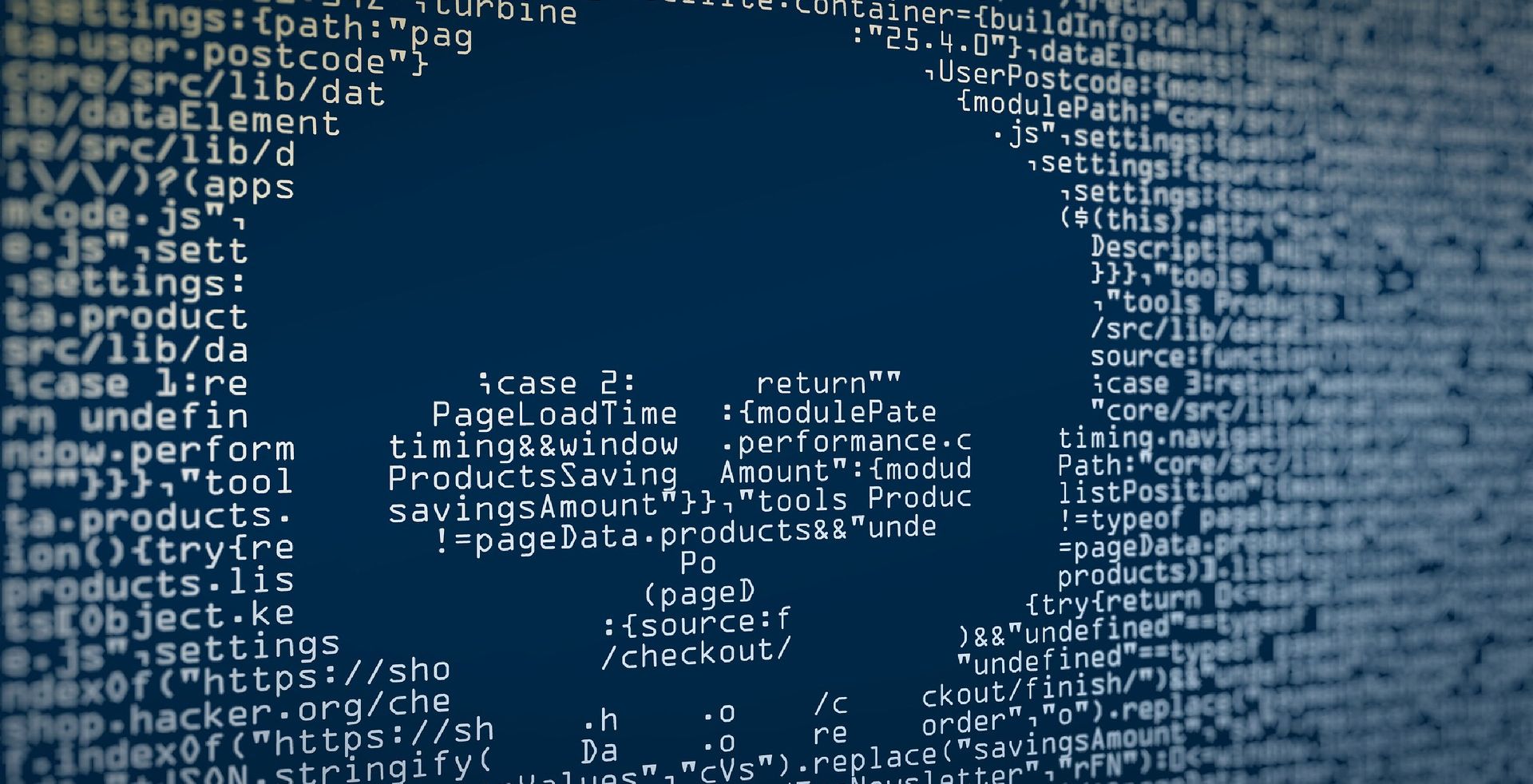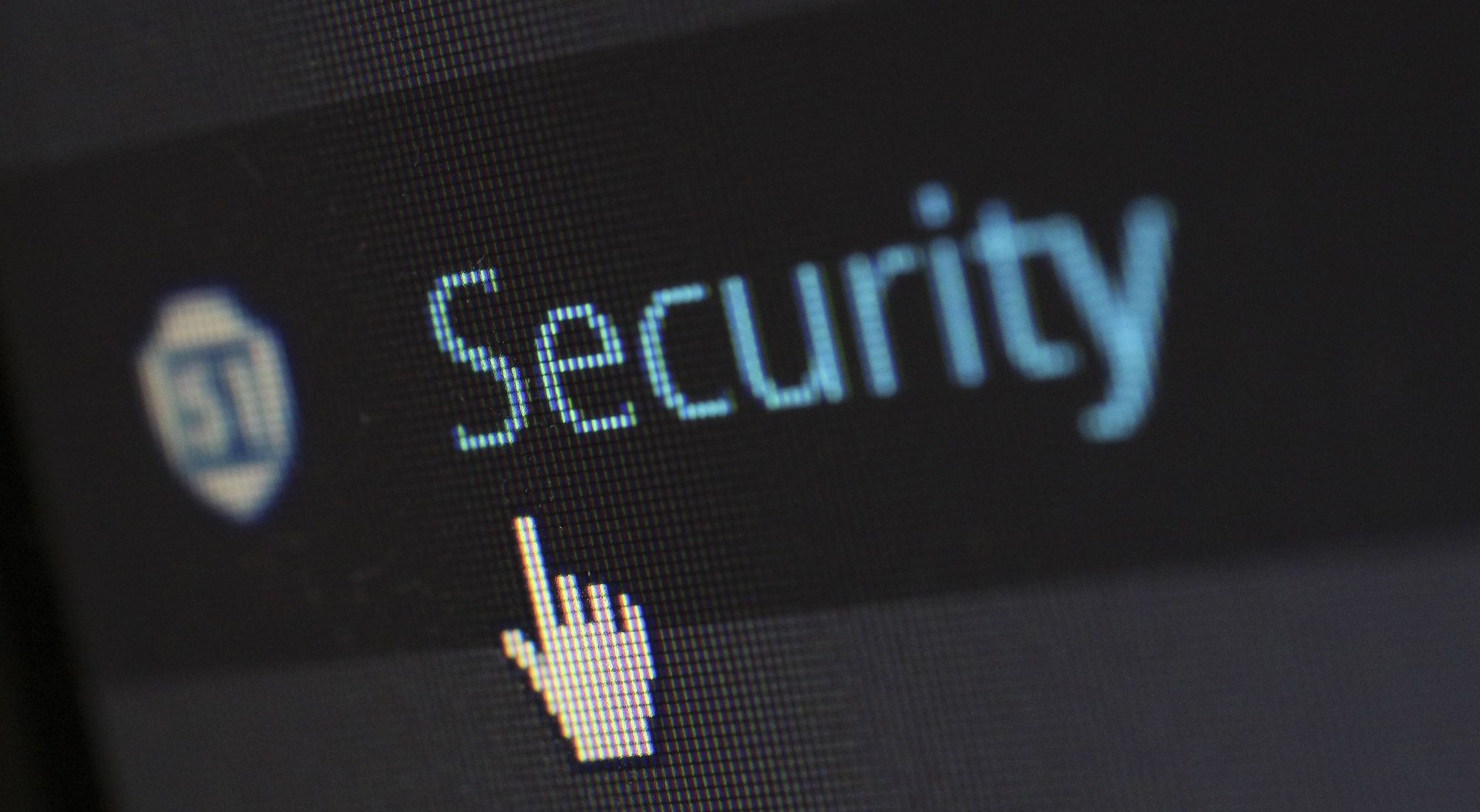Cybercriminals constantly develop new methods through which they can steal your precious data and financial holdings. The continued use of harmful programs to carry out cybercrime has given way to the term "crimeware". So, what is crimeware, how dangerous is it, and is it the same as malware?
What Is Crimeware?
There are various terms used to define different kinds of malicious programs. You've got the generic term, malware, and then more specific definitions, including ransomware and adware. Officially, crimeware refers to any program used to carry out illegal activity. But you may be thinking here, "isn't that just malware?"
It's true that malware is used to carry out illegal activities. But malware in and of itself is just computer code. It is the leverage of such code to perform illicit acts that makes it a legal issue. At this point, malware can be referred to as crimeware.
Crimeware is another general term that spans a number of different programs, including keyloggers, Trojans, and more. Such programs are specifically designed for the facilitation of cybercrime.
But it's easy to get confused between malware and crimeware because the two terms bleed into each other. For example, you could consider spyware as a kind of malware, as well as a kind of crimeware. In short, the two terms do share similarities and can be used somewhat interchangeably.
What Is the Result of Crimeware?
If you already know a bit about malware as a whole, you're likely aware that there are now hordes of different malicious programs that one can use to take advantage of their targets.
The most common crimes committed using crimeware are identity theft, data theft, and fraud. All of these can have very severe consequences for victims. Cybercriminals steal identities to make payments, receive benefits, and carry out other profitable actions in your name.
Data theft is a frighteningly common cybercrime nowadays, as malicious actors stand to make thousands or even millions of dollars through the sale of useful sensitive information. This kind of data is often sold on the dark web via illicit marketplaces, with buyers looking to exploit victims using the provided information. Login credentials, payment card details, and even passports are hot commodities on these nefarious platforms.
Crimeware can also be used to conduct remote access attacks. This can often be done via the exploitation of Remote Desktop Protocol (RDP), which allows an individual to access a given desktop from afar. Such a protocol offers the perfect opportunity for cybercriminals, which is why it's important to safeguard your RDP at all times.
How to Protect Yourself Against Crimeware
Because crimeware is a general term for various different malicious programs, there's no specific step-by-step process that you can employ to avoid it. Some kinds of crimeware are designed to fly under security radars, evade antivirus protocols, and bypass login authentication features.
But there are some basic rules you should follow if you want to keep your device as safe as possible from crimeware and its potentially devastating effects.
The first, and likely most obvious, option is to always have a trusted antivirus software program running. It can be frustrating to pay for such services, but they can make all the difference when you're faced with a cyber threat. Additionally, you should use a firewall when possible, and update your applications regularly to patch any vulnerabilities that could be exploited by cybercriminals.
Other standard practices for avoiding crimeware include making use of email anti-spam filters, checking links before opening them, and staying vigilant of malicious attachments.
Crimeware Is a Huge Concern
As we continue to rely on technology to conduct transactions, store sensitive data, and carry out conversations, our privacy and security become more at risk to savvy cybercriminals looking to take advantage of us. So, make sure you're taking your cybersecurity seriously by employing various techniques to keep your devices and valuable data safe.




